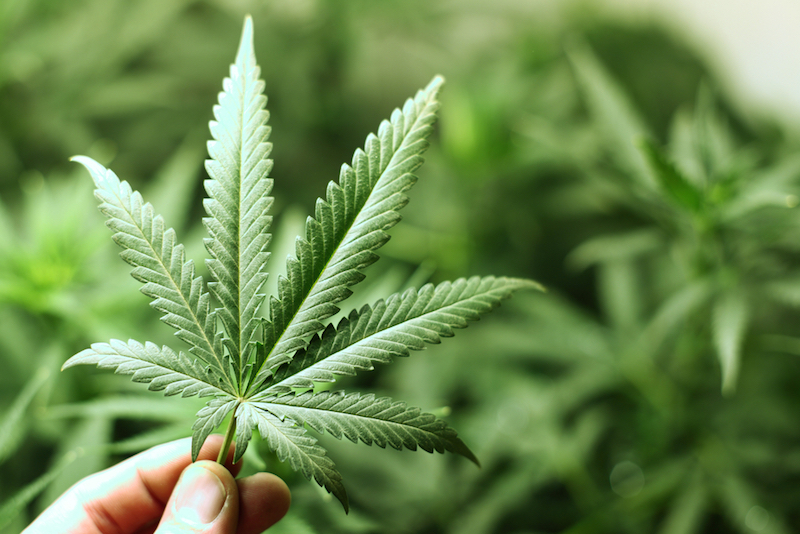Pot Death: Teen Leaps 4 Stories After Eating Marijuana Cookie

A teenager in Colorado died after consuming an entire marijuana cookie that contained 6 servings of marijuana's active ingredient, tetrahydrocannabinol (THC), according to a new report.
The 19-year-old man had received a marijuana cookie from his friend, a 23-year-old who bought the product from a store. The sales clerk instructed the friend to divide the cookie into six pieces, with each piece containing about 10 mg of THC, the recommended serving size established by Colorado authorities.
At first, the 19-year-old followed these instructions, and ate just part of the cookie. But after about 30 to 60 minutes, he didn't feel any effects, so he ate the rest of the cookie, according to the report, from the Centers for Disease Control and Prevention and the Colorado Department of Public Health and Environment.
Over the next few hours, the man showed erratic speech and hostile behaviors, the report said. About 2.5 hours after he ate the whole cookie, he jumped off a balcony on the fourth floor of his building, and died from trauma from the fall, the report said.
Officials determined that marijuana intoxication was the chief contributing factor to the man's death, which occurred in March 2014. An autopsy found that the man's blood levels of THC were above the legal limit for driving a car in Colorado. The man did not have a history of alcohol abue, illegal drug use or mental illness, according to the report.
"This case illustrates a potential danger associated with recreational edible marijuana use," the report said. [Where Americans Smoke and Grow Marijuana (Maps)]
In 2012, Colorado legalized the recreational use of marijuana, and stores selling the products opened in 2014.
Get the world’s most fascinating discoveries delivered straight to your inbox.
Marijuana takes longer to have an effect when ingested as opposed to smoked. Peak blood levels of THC occur about 1 to 2 hours after ingestion of marijuana, compared to just 5 to 10 minutes after the drug is smoked.
"Because of the delayed effects of THC-infused edibles, multiple servings might be consumed in close succession before experiencing the 'high' from the initial serving, as reportedly occurred in this case," the report said.
High doses of THC "can produce serious anxiety attacks and psychoticlike symptoms," Robert MacCoun, a professor at Stanford Law School, told Live Science in an interview earlier this year. MacCoun previously published a commentary in the New England Journal of Medicine expressing concern about the hazards of edible marijuana products for children and teens.
In February this year, Colorado instituted new rules for the packaging and labeling of edible marijuana products, requiring these products to contain no more than 10 mg of THC, or to have clear marking of each 10-mg serving, the report said.
However, the new report suggests "a need for improved public health messaging to reduce the risk for overconsumption of THC," the researchers said.
The report is published in the July 24 issue of the CDC's Morbidity and Mortality Weekly Report.
Editor's Note: This article was updated to include information about this case not having a history of illegal drug use or mental illness.
Follow Rachael Rettner @Rachael Rettner. Follow Live Science @LiveScience, Facebook & Google+. Original article on Live Science.

Rachael is a Live Science contributor, and was a former channel editor and senior writer for Live Science between 2010 and 2022. She has a master's degree in journalism from New York University's Science, Health and Environmental Reporting Program. She also holds a B.S. in molecular biology and an M.S. in biology from the University of California, San Diego. Her work has appeared in Scienceline, The Washington Post and Scientific American.


